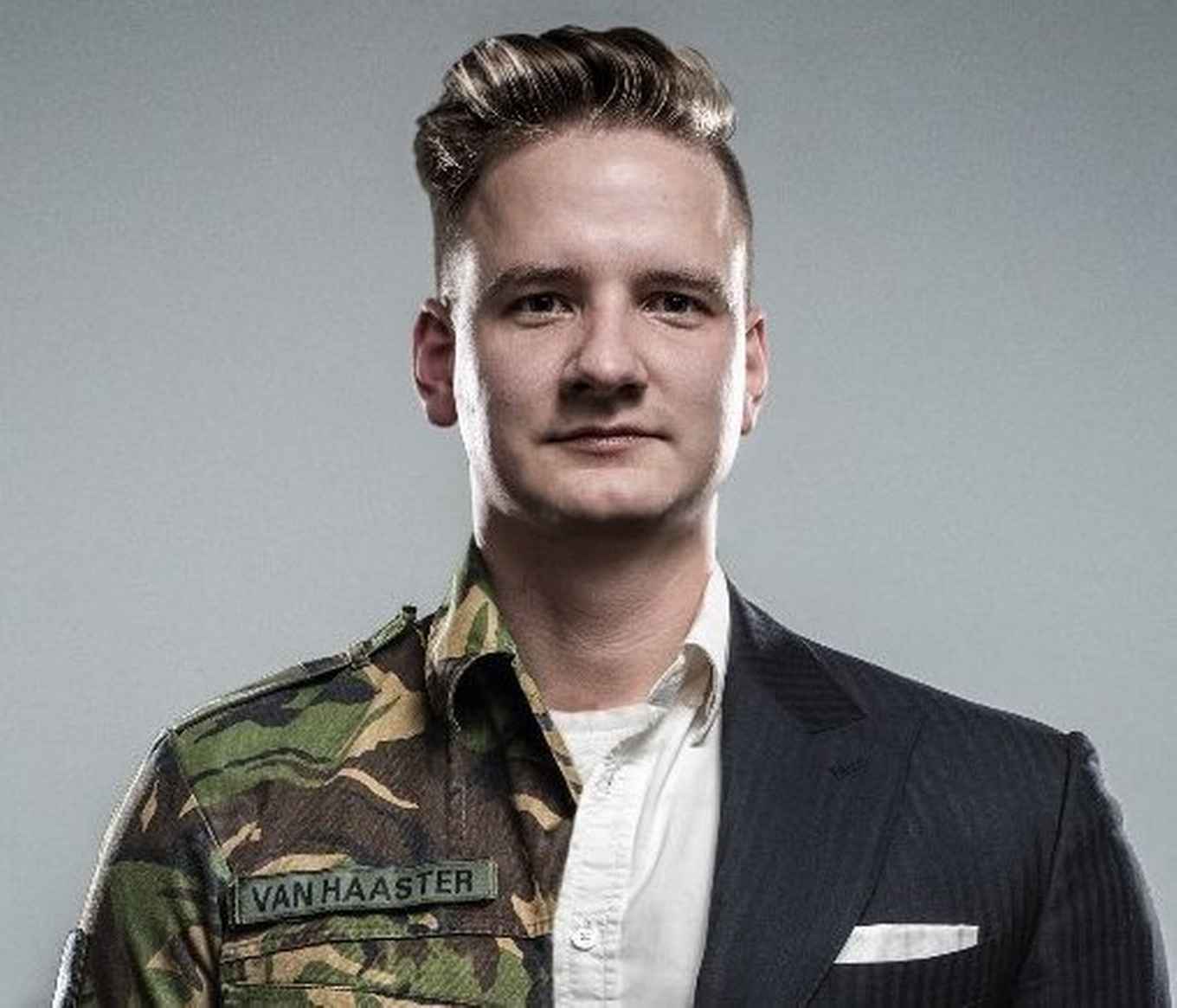Jelle van Haaster: Military Cyberoperations
Amsterdam Law School
2 July 2019

Jelle van Haaster (30) is in the military, is an academic and a software specialist, and has thus already had an impressive career. He went through military officer training between 2008 and 2012, along with doing a Bachelor's degree in Military Science. He studied Public International Law in 2013, winning the René Olthuis Prize for his Bachelor's thesis on data mining on social media.
He has been involved in PhD research at the Faculty since 2013 and worked concurrently on other projects including the integration of digital capabilities in Mali and writing apps for the Ministry of Defence and the UN. In 2018, he was named Civil Servant of the Year. On 5 July 2019, he will obtain a PhD for his research into the utility of military cyber operations during armed conflict.
What piqued your interest in military cyber operations?
“In 2013, Cyber was still something of a hype. Around that time, the Ministry of Defence decided that it, too, wanted to get on boardand decided to integrate cyber capabilities into military operations (carried out by the Ministry of Defence).
The focus on cyber was a bit monodisciplinary, rather technical, at the time, whereas the integration of new capabilities now conspicuously involves much more than technology alone. It also typically spans more than one single discipline or just one ministry. The prospect of situating this somewhat technical phenomenon in a multidisciplinary or preferably an interdisciplinary framework interests me – and that is what I did in my dissertation.
What are your most important conclusions?
At various levels of warfare, there is a palpable lack of understanding of the utility of military cyber operations in conflict situations. This typically results in a reluctance to engage in such operations during armed conflict. To grasp the utility of military cyber operations, it is necessary to consider the context. I have mapped out that context from five perspectives: political, sociological, technological, military and legal.
My dissertation concludes by providing a synthesis of the utility of military cyber operations. Whether such operations have utility depends on their intended purpose, the context in which they are used, the cyber capabilities that are deployed in the operation, the armed forces' expertise in the use of those capabilities, and the legal framework that governs the specific context of the cyber operation. In other words, the utility of military cyber operations is at the interface of the five perspectives described in my PhD dissertation.”
PhD conferral
Mr J. van Haaster: On Cyber. The Utility of Military Cyber Operations During Armed Conflict.
Principal supervisors: Prof. Dr P.A.L. Ducheine and Prof. Dr T.D. Gill
Co-supervisor: Prof. Dr F.P.B. Osinga